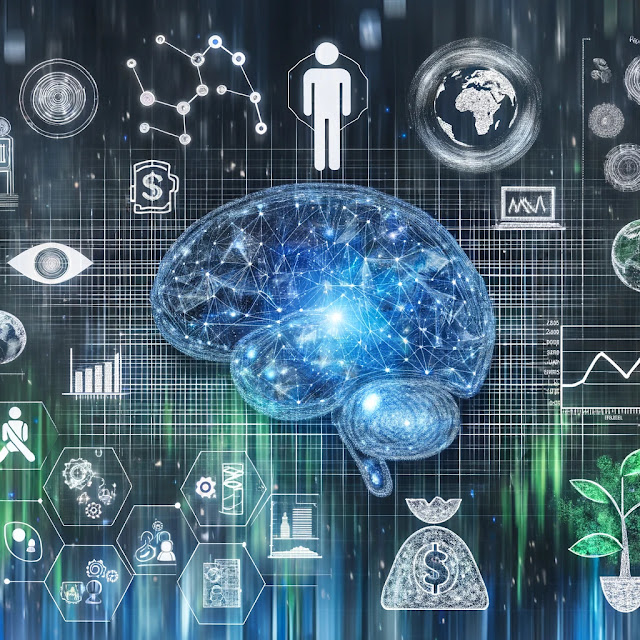The Evolution and Impact of Technology in Modern Life
The Evolution and Impact of Technology in Modern Life
In the rapidly evolving digital landscape, technology continues to reshape our daily lives, industries, and society at large. From the inception of the internet to the latest advancements in artificial intelligence (AI) and machine learning, the wave of technological innovation shows no signs of abating. This blog explores the multifaceted impact of technology, highlighting key trends, challenges, and opportunities that lie ahead.
Bridging the Digital Divide
One of the most significant achievements of modern technology is its ability to connect people across the globe. The digital divide, once a wide chasm, is gradually narrowing as internet accessibility and smartphone usage surge in developing countries. This democratization of digital access fosters educational opportunities, enhances communication, and promotes inclusivity, thereby empowering communities and stimulating economic growth.
The Rise of Artificial Intelligence and Machine Learning
Artificial intelligence and machine learning are at the forefront of technological advancement, revolutionizing industries from healthcare to finance. AI-driven analytics enable businesses to harness big data, improving decision-making and operational efficiencies. In healthcare, AI algorithms assist in diagnosing diseases with precision, while in finance, they help detect fraud and optimize investments. The potential of AI is immense, offering solutions to some of the world's most pressing challenges, including climate change and sustainable development.
Cybersecurity in the Digital Age
As our reliance on technology grows, so does the importance of cybersecurity. The increasing prevalence of cyberattacks highlights the need for robust security measures to protect sensitive information. Businesses and governments alike are investing heavily in cybersecurity infrastructure to safeguard against data breaches, ransomware attacks, and other digital threats. Awareness and education on cyber hygiene are also critical in ensuring that individuals and organizations can navigate the digital world safely.
The Sustainability Challenge
The environmental impact of technology is a double-edged sword. While digital innovations offer solutions for renewable energy and waste reduction, the tech industry itself is a significant contributor to carbon emissions and electronic waste. The sustainability challenge calls for a collective effort to develop greener technologies and promote responsible consumption. Sustainable practices, such as recycling electronics and optimizing data center efficiencies, are vital steps toward reducing the environmental footprint of the digital age.
The Future of Work
Technology is reshaping the future of work, with automation and remote working becoming increasingly prevalent. The gig economy, fueled by digital platforms, offers flexibility and autonomy, but also raises questions about job security and workers' rights. As automation threatens to displace certain jobs, there is a growing need for re-skilling and up-skilling initiatives to prepare the workforce for the jobs of tomorrow. Embracing lifelong learning and fostering a culture of innovation are key to navigating the changing landscape of work.
Ethical Considerations and Social Impact
The rapid pace of technological innovation brings with it ethical dilemmas and social concerns. Issues such as data privacy, surveillance, and the digital divide prompt critical discussions about the role of technology in society. Ensuring that technological advancements benefit humanity as a whole requires ethical guidelines, regulatory frameworks, and a commitment to social responsibility from all stakeholders.
Conclusion
The trajectory of technology is inherently linked to the progress of humanity. As we stand on the brink of a new era marked by breakthroughs in AI, blockchain, and quantum computing, the potential for positive change is unprecedented. However, this future also demands a cautious and conscientious approach to address the challenges that accompany technological progress. By fostering collaboration, promoting ethical standards, and prioritizing sustainability, we can harness the power of technology to create a more inclusive, secure, and prosperous world for generations to come.






Comments
Post a Comment